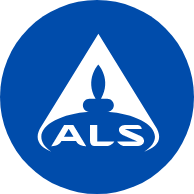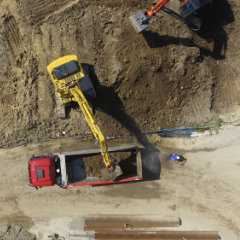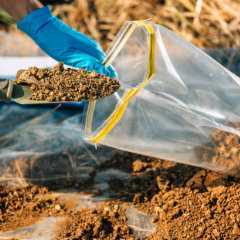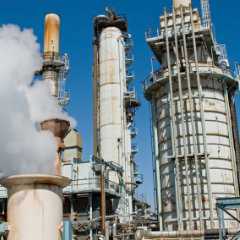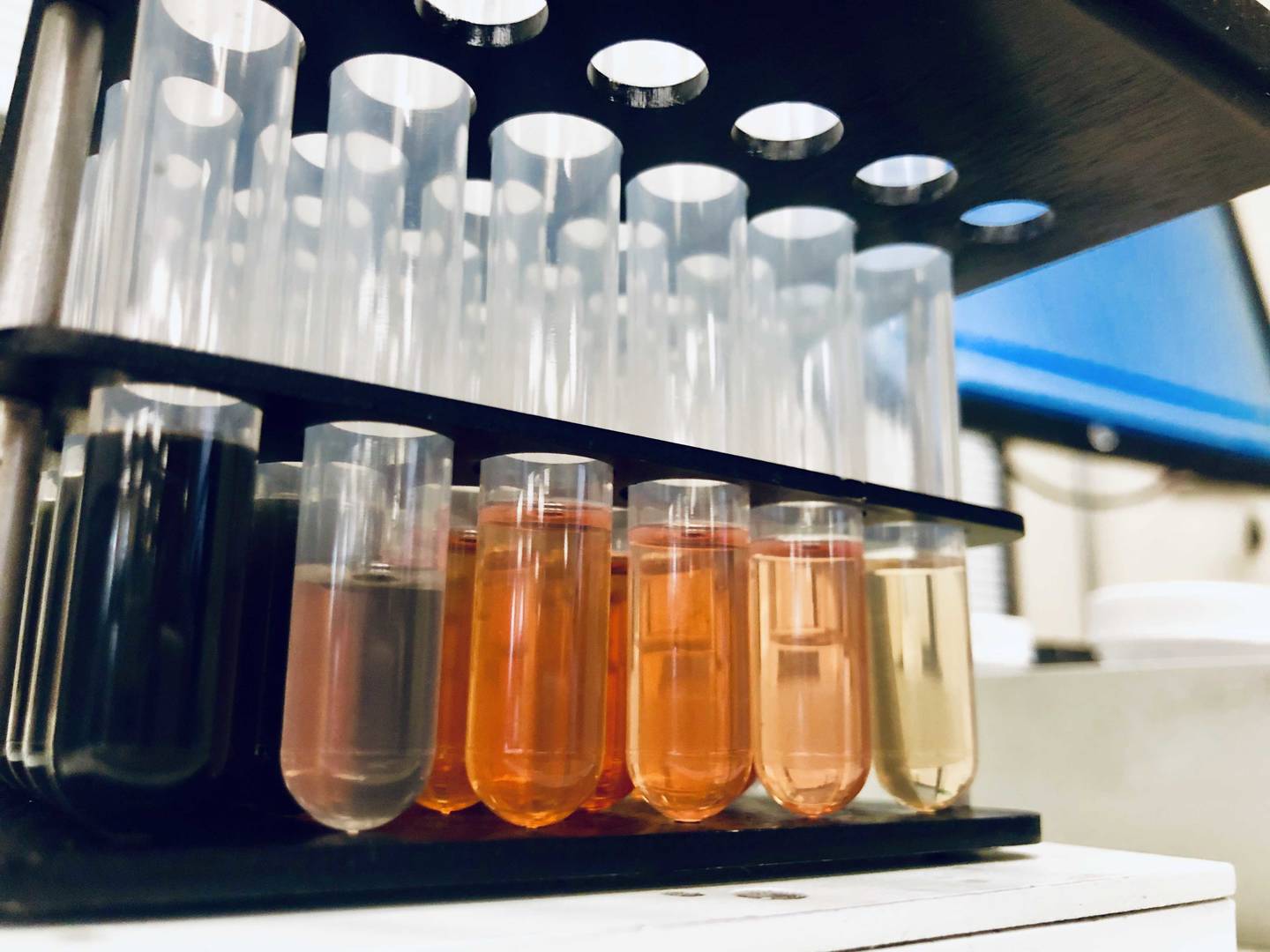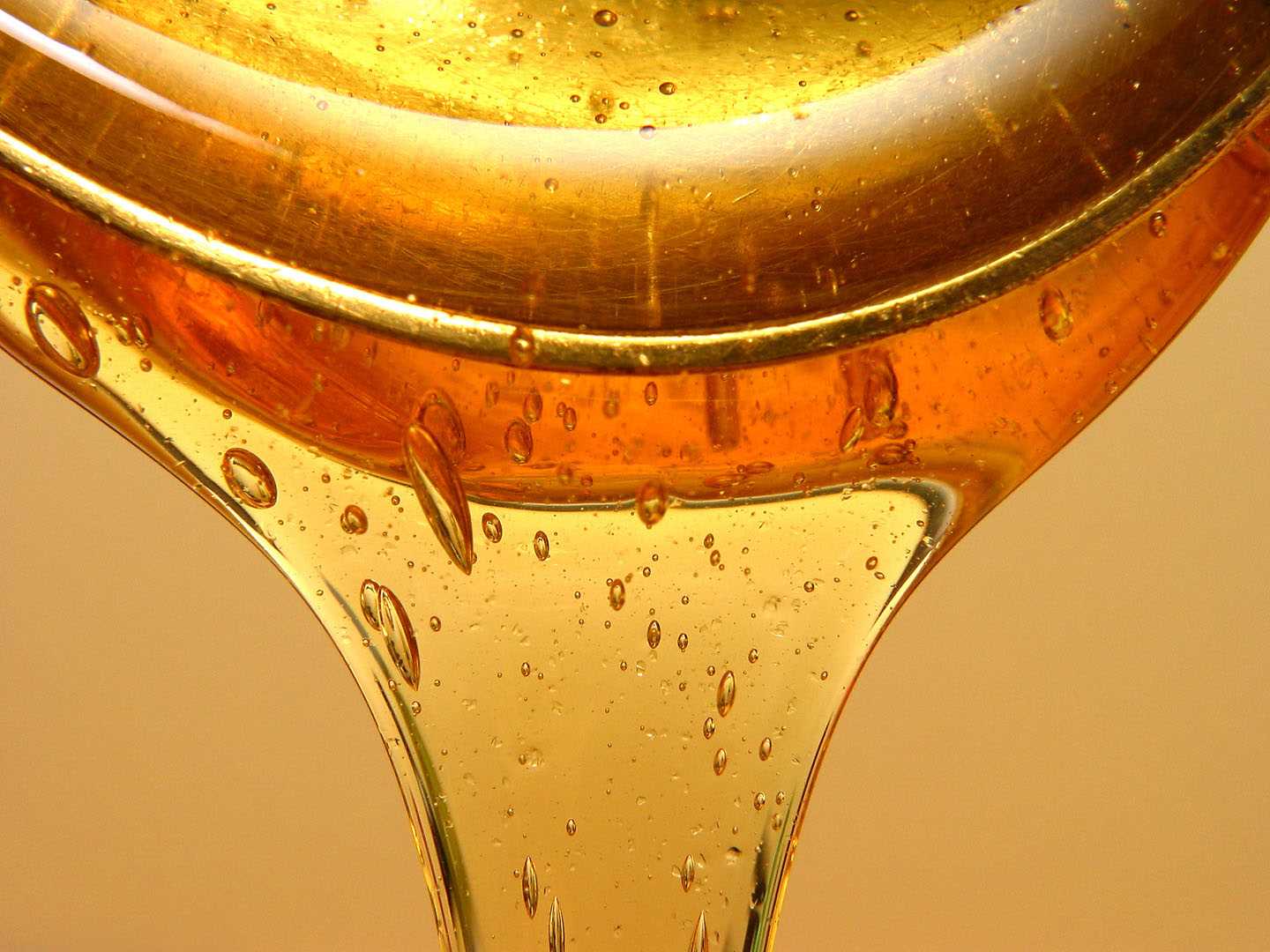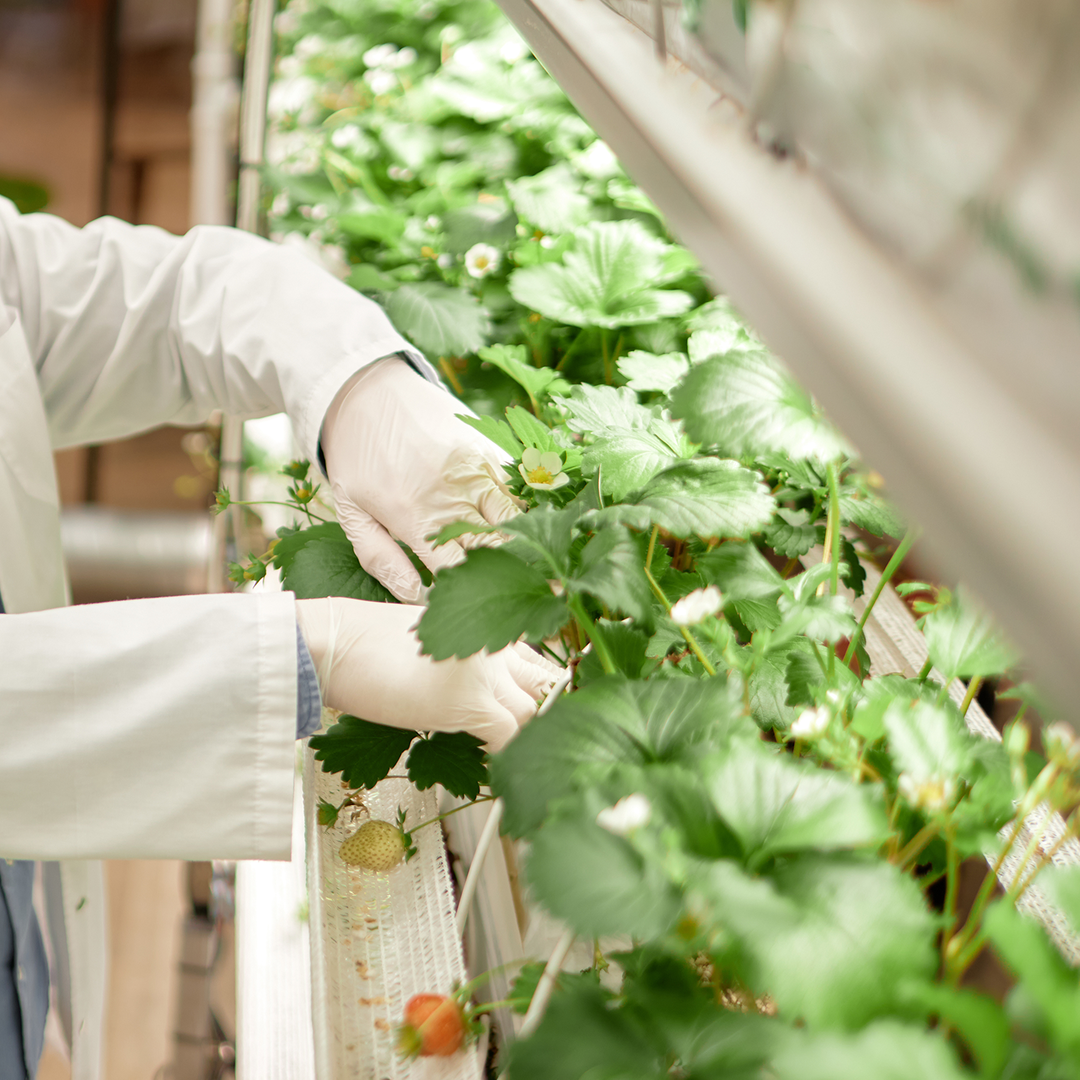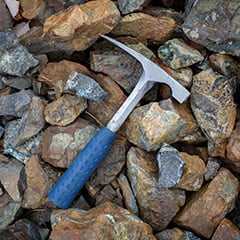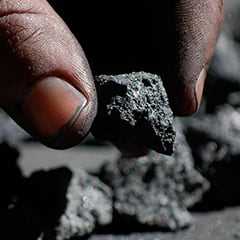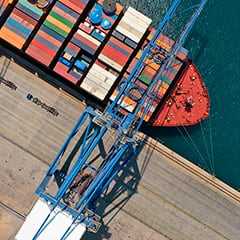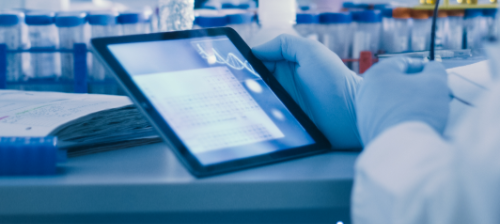EnviroMail 133 Australia - Sampling and analysis of air and gas using canisters
Canisters are an accurate, convenient and robust method for sampling air and gas that can have advantages over alternate air sampling methods.

Advantages of canister analysis
By using a canister to take a whole-air sample instead of relying on a sorbent, a wider range of analyses can be performed in the laboratory on a single sample. Using a passivated stainless steel canister instead of a plastic film gas sampling bag allows longer holding times and lower detection limits to be achieved, while auxiliary equipment (e.g. pumps, flowmeters) is not needed.
| Canisters | Sorbents | Bags | |
|---|---|---|---|
| (1.4/6L) | (Charcoal, TD) | Tedlar | |
| Wide variety of sampling options | ✔ | ✗ | ✔ |
| Suitable for grab sampling | ✔ | ✗ | ✔ |
| Suitable for time-integrated sampling | ✔ | ✔ | ✔ |
| Multiple analyses from the same container | ✔ | ✗ | ✔ |
| Samples are stable up to 30 days | ✔ | ✗ | ✗ |
| Suitable for high-humidity samples | ✔ | ✗ | ✗ |
| Wide variety of potential analyses | ✔ | ✗ | ✗ |
| Suitable for TRH up to C16 | ✔ | ✗ | ✗ |
| Suitable for permanent gases | ✔ | ✗ | ✔ |
| Suitable for wide concentration ranges | ✔ | ✗ | ✗ |
| No pumps or on-site measurement required | ✔ | ✗ | ✗ |
ALS capabilities
In addition to the traditional USEPA TO15 VOC analysis, ALS also holds NATA accreditation for hydrocarbons and TRH fractions (to C16) as per NEPM 2013 schedule B and CRC CARE technical report 23, as well as permanent gases and light hydrocarbons compliant with ASTM D1945/1946.
With nearly 500 canisters held in stock, ALS can supply equipment for projects of any scope and size. Canisters can be returned to any ALS Environmental office in Australia for forwarding to Newcastle for analysis.
The Newcastle laboratory maintains state-of-the-art instrumentation and equipment to ensure the highest standards of data quality, detection limits and turnaround performance. Novel instrument capabilities allow canisters to be screened where needed, eliminating the possibility of highly-impacted canisters from contaminating subsequent samples or delaying reporting.
Reporting methods
NEPM TRH, CRC CARE PVI, TPH CWG: EP103
Permanent gases, light hydrocarbons: EP104
Your local ALS laboratory can provide an exhaustive list of available analyte lists and suites.
Quality assurance
Since canisters are reusable containers, they need to go through a rigorous cleaning procedure using cycles of hard vacuum and high-purity nitrogen at high temperatures. ALS individually analyses each canister and sampler before being issued, ensuring cleanliness to prevent false positives.
Canisters are leak-checked for at least 24 hours prior to dispatch from the laboratory and are supplied with a vacuum gauge to ensure they maintain vacuum during transport and in the field. ALS’ soil gas samplers are supplied under vacuum with self-sealing quick-connect fittings, effectively performing a shut-in test. This minimises the number of connections required, which reduces the potential for leaks and minimises the amount of time needed to set up the equipment.
All metal parts that contact the sample (the inside surfaces of canisters, as well as sampling trains and quick-connect fittings) are covered in a glass-like Silonite passivation lining. This protects the sample from any potential active sites on the stainless steel and gives the equipment its distinctive colourful appearance. ALS subjects all canisters to a stability check every two years to confirm the integrity of this layer, ensuring that all target analytes are able to maintain their high levels of recovery.

Canister sampling equipment
- The canister itself; a passivated stainless steel container (1.4 or 6 L) supplied under vacuum. Each canister is individually analysed to certify its cleanliness before being issued, and is checked for stability biannually to ensure that all target analytes are completely recovered.
- A flow-restricted sampling train. For ambient air analysis this is calibrated to ensure a linear fill over the requested sampling period (from 1 to 24 hours), allowing for a time-weighted average to be calculated. For soil gas analysis this has a selectable maximum flow rate (from 12 to 150 mL/min) that can be matched to soil porosity to ensure samples are representative and taken without bias.
- Fittings, nuts and ferrules, vacuum gauges and (on request) ¼” PTFE tubing. Self-sealing quick-connect fittings are used wherever possible to simplify equipment setup and reduce the need for tools in the field.
Ordering and support
Get in touch with us
If you have any questions relating to sampling and analysis of air and gas using canisters, please contact:
